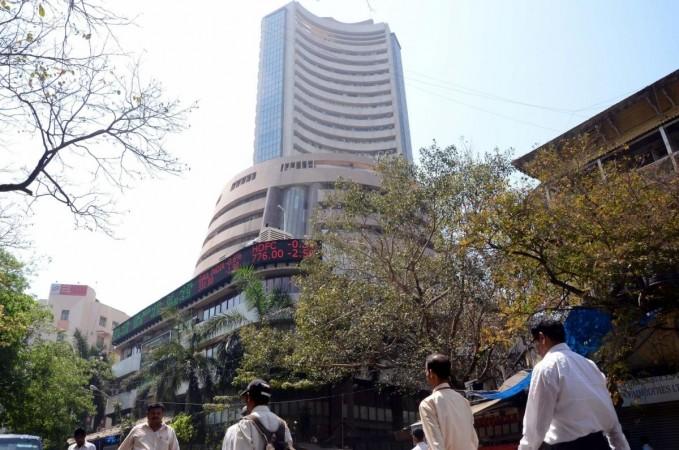Domestic equity benchmark indices traded marginally lower in opening deals on Wednesday.
At 9.57 a.m., Sensex was 148 points down to 55,418, whereas Nifty 34 points down to 16,550.

Stocks in other Asian countries were steady on Wednesday, while bond yields extended their advances amid a debate about how aggressive monetary tightening will need to be to fight inflation, said Deepak Jasani, Head of Retail Research, HDFC securities.
"A clear trend is unlikely to emerge in the market in the near-term. At lower levels DIIs and retail investors will buy, pushing the market up; at higher levels FPIs will sell, pushing the market down," said VK Vijayakumar, Chief Investment Strategist at Geojit Financial Services.
Investors can follow a cautious investment strategy in this uncertain context by buying high quality stocks which will benefit from growth recovery, he said, adding that leading financials, IT, cement, telecom and segments of autos appear sound investment bets.
Closure in loss
Domestic equity benchmark indices traded in the red for the second straight day and settled marginally lower on Wednesday, led by losses in Nifty IT, pharma, and realty stocks.
Sensex closed at 55,381 points, down 185 points or 0.3 per cent, whereas Nifty at 16,523 points, down 62 points or 0.4 per cent.

"In the very near-term, a rebound in crude oil prices poses a risk to the current account deficit and therefore, to expectations of rupee depreciation. Hence, foreign investor flows would remain a headwind to the market, capping any meaningful upside in absolute terms in headline indices," said S. Hariharan, Head - Sales Trading at Emkay Global Financial Services.
Input cost inflation concerns would keep cement and consumer durable companies under pressure going ahead, said Hariharan.
The conundrum of rising commodity prices, rising inflation, and thereby tight monetary policy may keep volatility intact in equities for some time, said Edelweiss Mutual Fund.
"During such periods, sectoral winners change dramatically, and it is important to keep portfolios well aligned to reality. Hence, it is crucial to position sectoral and stock allocation well during such periods when market returns may not come from a broader group, but select businesses and sectors," it added.

















